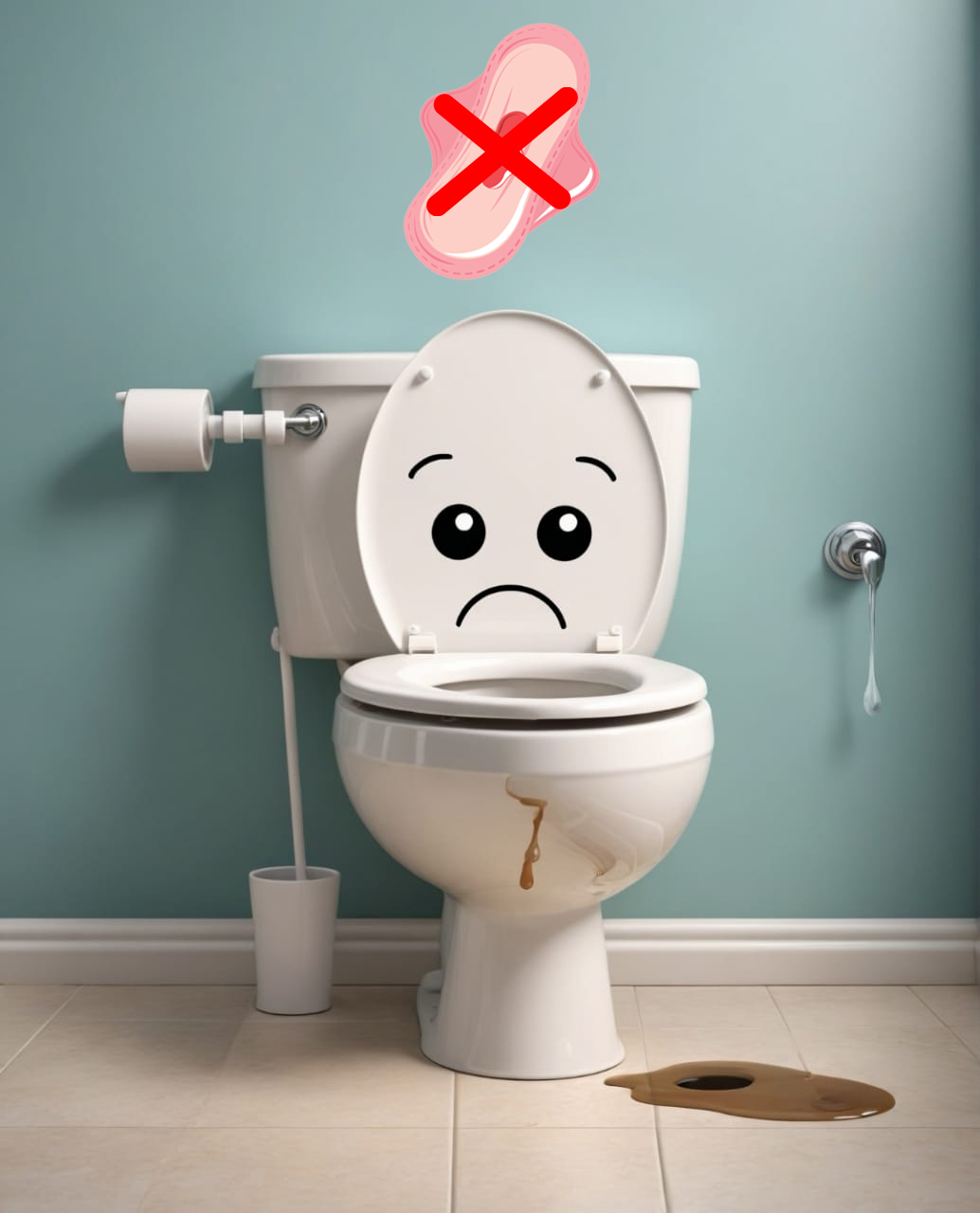Environmental and Social Responsibility: Proper Disposal of Used Sanitary Pads
In modern society, proper disposal of used sanitary pads is not only a matter of personal hygiene but also a part of maintaining environmental and social responsibility. Whether at home, school, or public places, we should cultivate good hygiene habits to reduce unnecessary troubles and expenses. If used sanitary pads are directly flushed down the toilet, it can cause pipe blockages and sewage backflow into buildings, leading to serious health risks and maintenance issues.
This article will introduce how to properly dispose of used sanitary pads in different settings and emphasize the responsibilities and cooperation required from all parties.
.jpg)
Hygiene Habits at Home
Maintaining good hygiene habits at home is crucial. Used sanitary pads should be wrapped in tissue or a disposal bag and then thrown into a designated trash bin, not flushed down the toilet. This not only keeps the home environment clean but also prevents toilet blockages, reducing unnecessary troubles and repair costs. By cultivating these habits at home, we can ensure the health of family members and set a good example for children, teaching them responsible behavior.
Cooperation and Responsibility in Schools
At school, authorities usually provide relevant education and facilities to teach students how to properly dispose of used sanitary pads. We must remind young girls to cooperate with the school and recognize that it is everyone's responsibility to reduce unnecessary troubles. For instance, if toilets get blocked, it causes inconvenience for students and may lead to health issues, as well as bringing a lot of unnecessary trouble and expenses to the school. By actively participating in school education programs, students can learn how to maintain personal hygiene and public cleanliness.
Schools in Malaysia often face toilet blockage issues, and the government has invested significant funds for repairs and improvements. The Ministry of Education and the Prime Minister's Department's Implementation Coordination Unit (ICU JPM) have allocated RM 630.77 million for the maintenance and repair of toilets in 8,354 schools. These repairs started in mid-2024 to address long-standing issues of damaged and aging toilet facilities [❞] [❞]. However, improvements in facilities alone are not enough; the cooperation and sense of responsibility of the students are equally important.

Responsibility in Public Places
In public places, proper disposal of used sanitary pads is everyone's responsibility. Used sanitary pads should be wrapped and disposed of in designated sanitary trash bins to avoid causing toilet blockages. Public facilities are for everyone to use, and we should all work together to maintain cleanliness, providing convenience for others. Everyone should recognize that their small actions have a significant impact on the lives and environment of others, and only through collective effort can we create a clean and comfortable public environment.
Conclusion
By cultivating good hygiene habits at home, public places, and schools, each of us can contribute to maintaining environmental and social responsibility. Proper disposal of used sanitary pads is not only for personal hygiene and health but also for the convenience and harmony of society. Let us work together to create a cleaner and more hygienic living environment.

by BFF Personal Care Sdn. Bhd.
Located in Johor Bahru (JB), Malaysia

 Philippines
Philippines